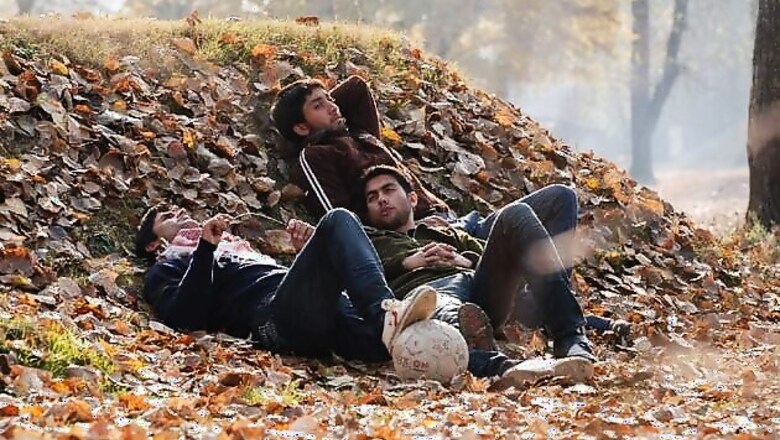
views
Cast: Shahnawaz Bhat, Reza Naji
Director: Aamir Bashir
When somebody reviews a film, the first thing which is expected from that person is a neutral approach, but can a reviewer really remain unbiased while watching a film like 'Harud'? When we decided to start a new section to give space to good independent films little did we know that it was going to be such a tough task. The more we are exploring the more we are getting confused about the right tone of the review. You see, a film is not just about the craft, it is also about a feel rather 'the' feel. If you are transported to a different world as a mere spectator, it's well and good, but if you are living the life shown on the celluloid, it's disturbing.
Aamir Bashir is a known Hindi film actor, but his directorial venture doesn't take any cue from the popular Bollywood culture. It's closer to Iranian cinema where we see people struggling with their daily lives and still looking for good virtues embedded in the otherwise cruel world. However, there is one thing in 'Harud' (It means autumn in Kashmiri) which is in stark difference from most of the Iranian films. 'Harud' acquires a texture which is melancholic and heart-wrenching from the beginning and keeps marching ahead with it without even worrying about the gloomy effect it showers on the viewer.
Needless to say that I have found this film of extreme importance, philosophically and politically. I would begin with the philosophical part. But, before that let me give you the basic idea of the film's story. Rafiq (Shahnawaz Bhat) is a young Kashmiri who just don't understand the presence of army everywhere in the valley. His elder brother has mysteriously disappeared like several others in the conflict zone. His poor and law abiding father Yusuf (Reza Naji) somehow manages to bring back home from the Indo-Pak border where Rafiq was all set to cross the fencing and become a militant. The return to Srinagar doesn't serve any purpose in his life and Rafiq continues to remain a silent, docile youngster. One day, he finds his elder brother's camera and on developing finds some photographs which were associated with his brother's past.
There are at least three moments in the film where Rafiq wan to click a picture, but changes his mind because he couldn't find anything exciting. May be exciting is a wrong word. He doesn't understand the utility of his action and why he should take a picture. The omnipresent army men force him to travel down the memory lane and with this arrives a sense of defeat which digresses his thought process in a wayward direction. It seems that Rafiq has no hope left in the system and the people governing it, what he doesn't know is that the situation is not going to change for many more years. People are getting killed around him in the most disgusting way, there is absolutely no honour in even dying.
The commoners of the valley don't know which side to go on. There confusion has a solid base as one of the character says in the film 'Jannat ka rasta kam se kam Pakistan ho ke toh nahi jata hai.' They are not safe, neither from the militants nor from the 'peace keeping forces'.
Rafiq's mother is a morally upright woman who is still hopeful of her son's return, which is of course not going to happen. Yusuf is a traffic controller who sees the struggle of a young suicide bomber in his last seconds, and slowly and steadily becomes a mentally unstable person. People in his surrounding take this development as another routine thing, may be because it's happening with several others as well.
Rafiq has a singer friend who wants to audition for a reality show in Delhi; he represents the group who view Indian army as a separate entity than the Indian polity.
So, the overall scenario emerges something like this; young people are disappearing, some youngsters are joining militant outfits, army's constant and overpowering presence makes life uneasy and constrained, jobs are hard to find, and the hope for a better life is fading at a rapid pace.
Surprisingly, it's not easy to point finger towards one wrong doer. It's the perspective of the viewer which will decide his opinion. If there is one thing which is sidelined during this whole chaos, it's the basic human rights of the Kashmiris.
I have lived at a conflict zone for a good part of my life and I can understand the pain of living under the gun's shadow. It kills the ability of chaffing out the right from the wrong because the only motto of life becomes survival, at any cost.
At one point of time in the film, a character asks Rafiq whether he is friends with any Kashmiri pundit, and this scene says it all. It's a war where nobody is winning and still the stakes are getting higher.
In my opinion, the director has taken a smart political stand. He doesn't advocate militancy neither he shows the army in a bad light, still he sketches the crumbling picture of Kashmir in a brilliant way.
The research and mood are the strengths of the film. The emphasis on the detailed modus-operandi of the so called rebels and the army has made 'Harud' a good film. The serenity of the valley has been put forth with the help of minimalist background music and small number if dialogues. It's gripping to say the least.
Reza Naji is easily the best actor in the film but Shahnawaz Bhat is also very impressive. In other characters, the actress who plays Rafiq's mother is believable and mention worthy.
Aamir Bashir should be applauded for trying his hands at such a complex narrative. I think, by now, it's very clear that I have liked the film, but let me also utilise this opportunity for asking the director a simple question. Whose fault is it that the innocents are suffering? Is it only the state? I am pretty sure that 'Harud' will remain a well crafted and highly emotional film despite this question. In short, it will bring to your notice some really important problems which are happening with people who are no different than us. It's time when we should also try to analyse and understand their situation with our prejudices at bay. Get some time out of your schedule to watch
'Harud', who knows one day the main land become the new conflict zone!
####












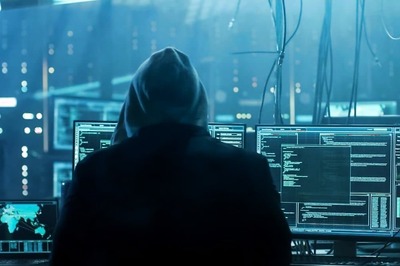
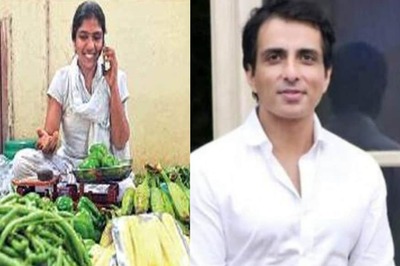
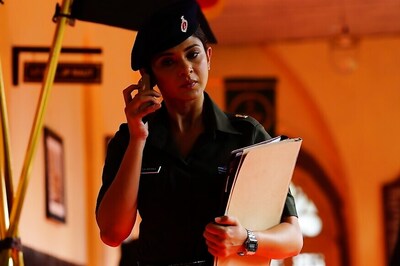

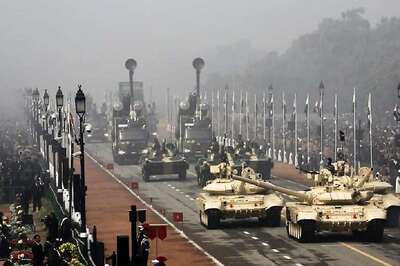
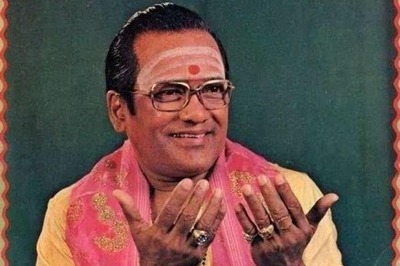
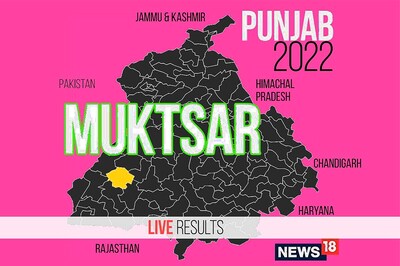
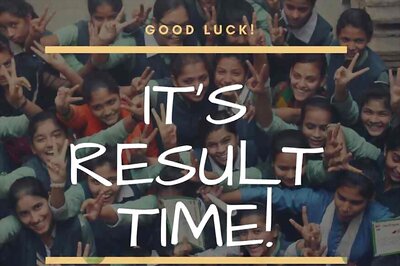
Comments
0 comment